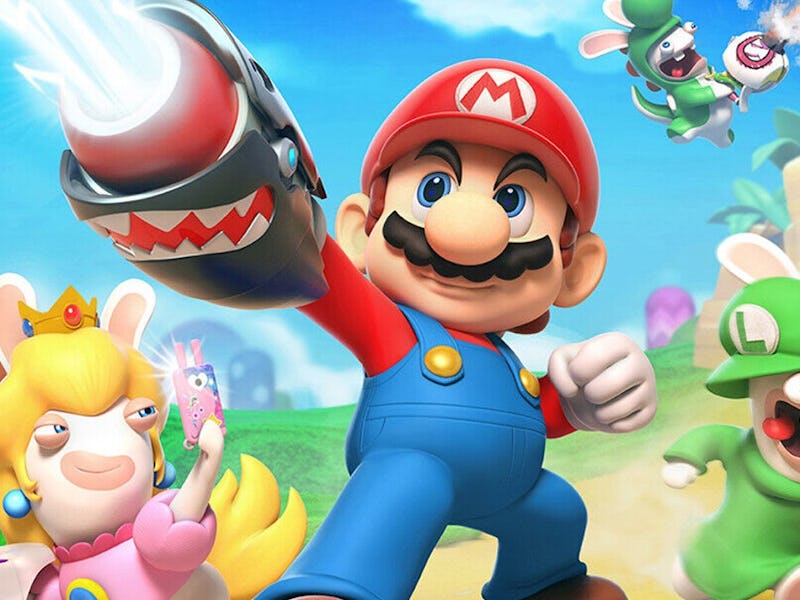Nintendo Switch 2 Could Be Doubling Down On the Best Decision of Its Predecessor
The more the merrier.

Rumors have been brewing for months now about Nintendo’s plans for its next system, currently dubbed the Nintendo Switch 2. It’s clear releases for the Switch have slowed down, and some estimate the next console will debut later this year. More interesting, however, is a recent article from GamesIndustry.biz stating Nintendo is “deep in conversation” with other studios to work on its cherished brands. This is a continuation of the best decision Nintendo made in the Switch era, and doubling down on it could ensure success for the Nintendo Switch 2.
Nintendo has traditionally been incredibly protective of its brands, often choosing to develop new titles in-house. This could have, in part, been caused by poorly received attempts, like the infamous Phillips CD-i Zelda games or the original Super Mario Bros. film.
Near the end of the Wii U’s life, Nintendo made a clear move to open up its IP to more third-party developers but kicked it into full gear with Switch. Over the last six years, many of the Switch’s best-selling games were developed by companies that aren’t owned or operated by Nintendo itself.
Partnerships over the last decade have allowed Nintendo to create wildly inventive exclusives, like Tokyo Mirage Sessions.
These weren’t just spinoffs, either. Crucially, these included new mainline entries in major franchises. Fire Emblem Three Houses was made in collaboration with Koei Tecmo, Metroid Dread was primarily developed by Mercury Steam, Bandai Namco heavily assisted on Super Smash Bros. Ultimate, and of course, Ubisoft made two Mario + Rabbids games.
Beyond those bigger games, though, there’s even a handful of smaller partnerships that helped craft meaningful content, including Cadence of Hyrule, ArtePiazza’s Super Mario RPG, and Koei Tecmo’s Hyrule Warriors: Age of Calamity. Nintendo also partnered on original titles from studios like Astral Chain, Shin Megami Tensei V, and Bayonetta 3, all of which are Switch exclusives.
While the company’s first-party productions have also been stellar, the Switch arguably wouldn’t be where it is without these collaborations and deals. Bringing in third parties to work on major franchises has allowed Nintendo to diversify its lineup in new ways and keep a consistent stream of releases across the console’s entire lifetime, something the Wii U struggled with.
Nintendo needs to get better about its partnership with indie developers, and collaborating on projects like Cadence of Hyrule could be the perfect way to do that.
If the rumors are true, the Nintendo Switch 2 might feature significantly beefed-up hardware, possibly near the power of the PlayStation 5, which could open up even more opportunities. Nintendo is smart to try and capitalize on this by bringing in the expertise of other developers that worked with more powerful hardware for years.
Furthermore, this could give the company a chance to revive dormant IPs while Nintendo continues to focus on heavy hitters like Mario, Zelda, and Splatoon. Let a racing-focused studio like Shin’en Multimedia (which made Fast RMX) take the reigns on a new F-Zero, or bring in a studio like PlatinumGames to breathe new life into Star Fox. Nintendo has a rich catalog of titles that could get fascinating updates, by AAA and indie studios alike.
If Nintendo wants to keep up the Switch’s momentum, bringing more unique visions to its development can only help. And if Nintendo wants its new system to truly surpass the Switch, it’ll need to utilize those partnerships more smartly than ever.